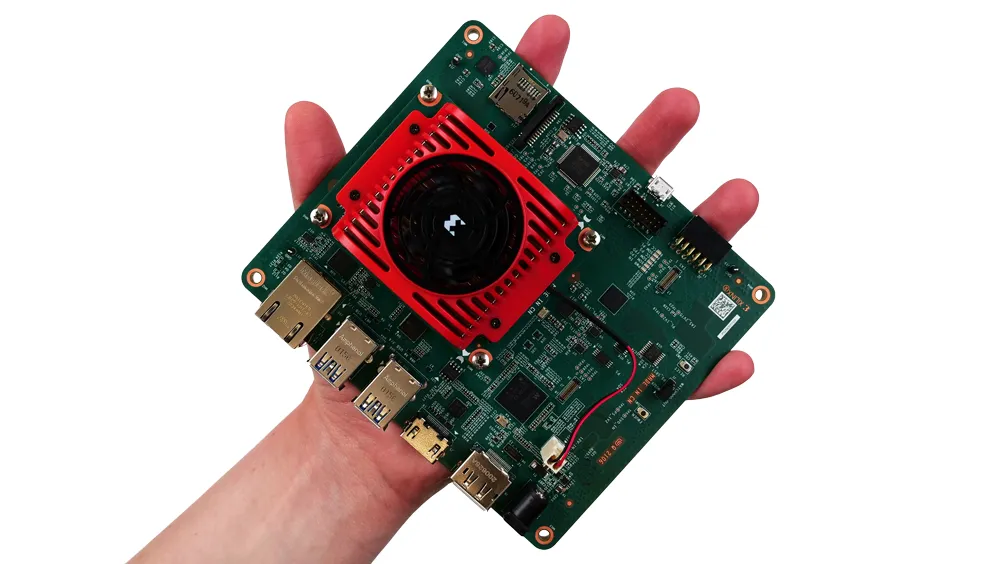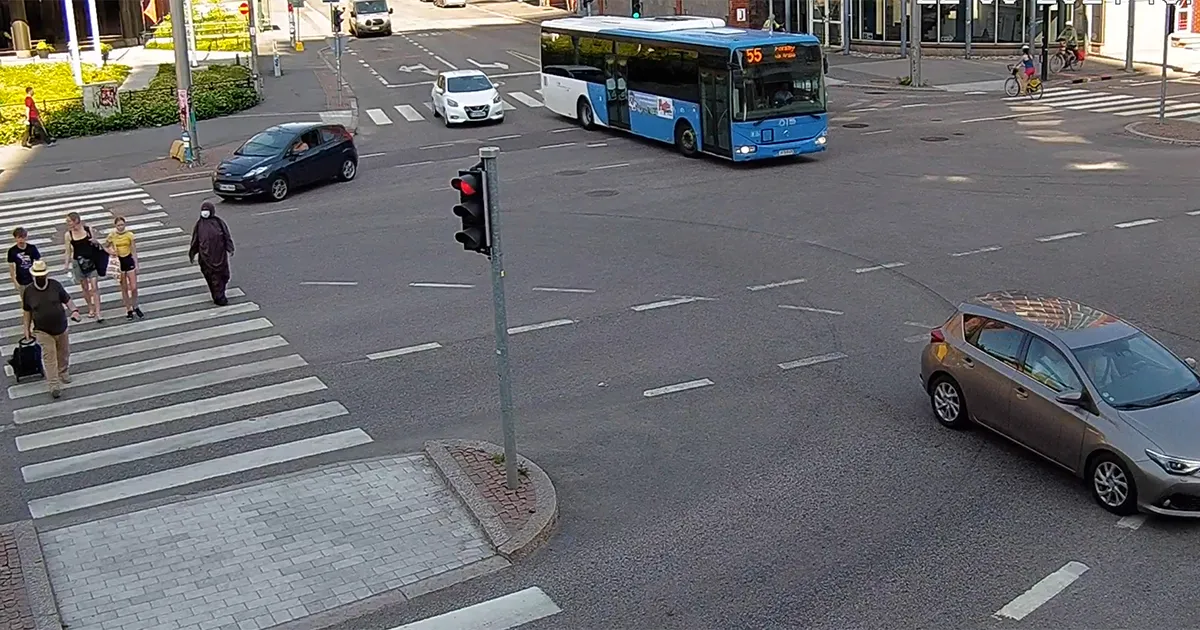
Axilion Smart Mobility has expanded into the Middle East and North Africa with the opening of its regional headquarters in Dubai in the United Arab Emirates (UAE).
The artificial intelligence-based traffic management company offers digital twin technology, which takes a digital replica of a city's road traffic network with the aim of creating less congested streets.
Axilion says its technology utilises dynamic sensors to provide 360-degree visibility of a city's traffic network.
The real-time data aids the creation of the city’s digital twin, the company adds.
According to Axilion, the virtual mirroring of the physical city enables city-wide mobility to be analysed, with traffic signal timing optimised and traffic systems transformed to dynamic and adaptive networks.
Axilion insists this results in shorter commute times of up to 40% for motorists, cyclists, pedestrians and those using public transport.
John D. Porcari, advisory board member of Axilion, says: “With seamless integration, Axilion enables cities around the world to reclaim their traffic-congested streets.”
Porcari reveals Axilion will bring its green solutions to the region, “where many government entities and change-makers are looking with new urgency at how to build true smart cities and a more sustainable future”.
The new office is also expected to help Axilion grow in the UAE, Saudi Arabia, Gulf Cooperation Council countries and Egypt.










